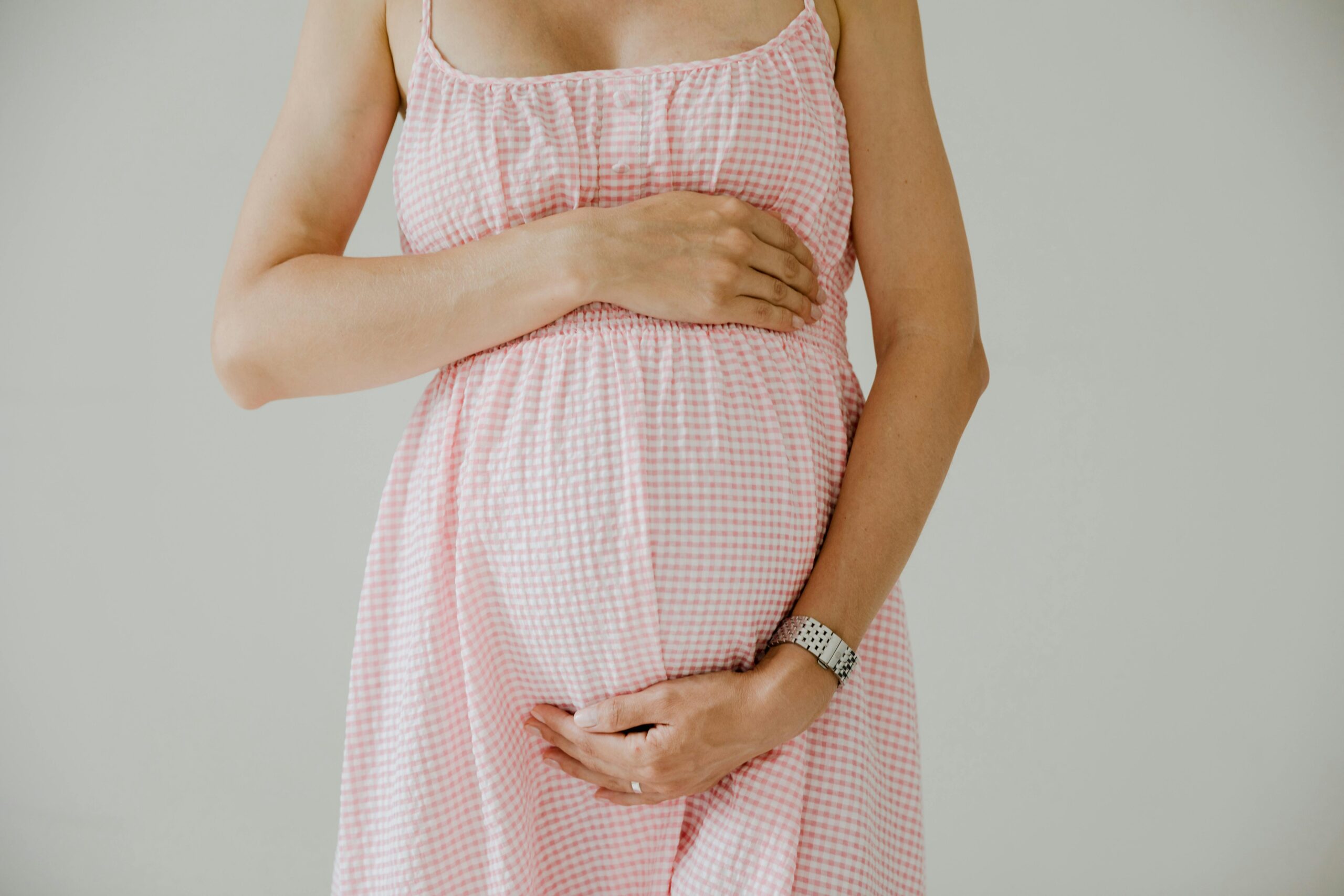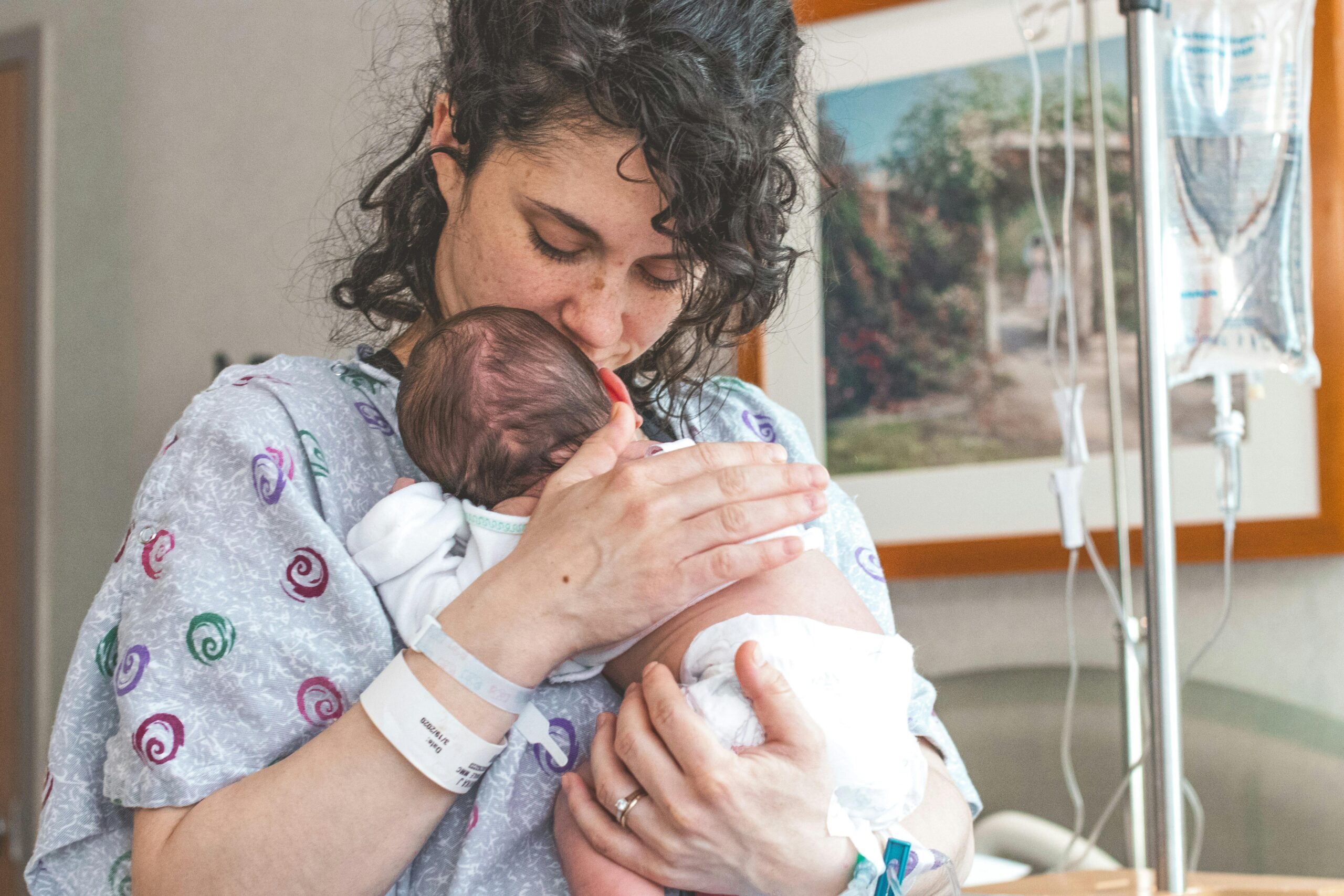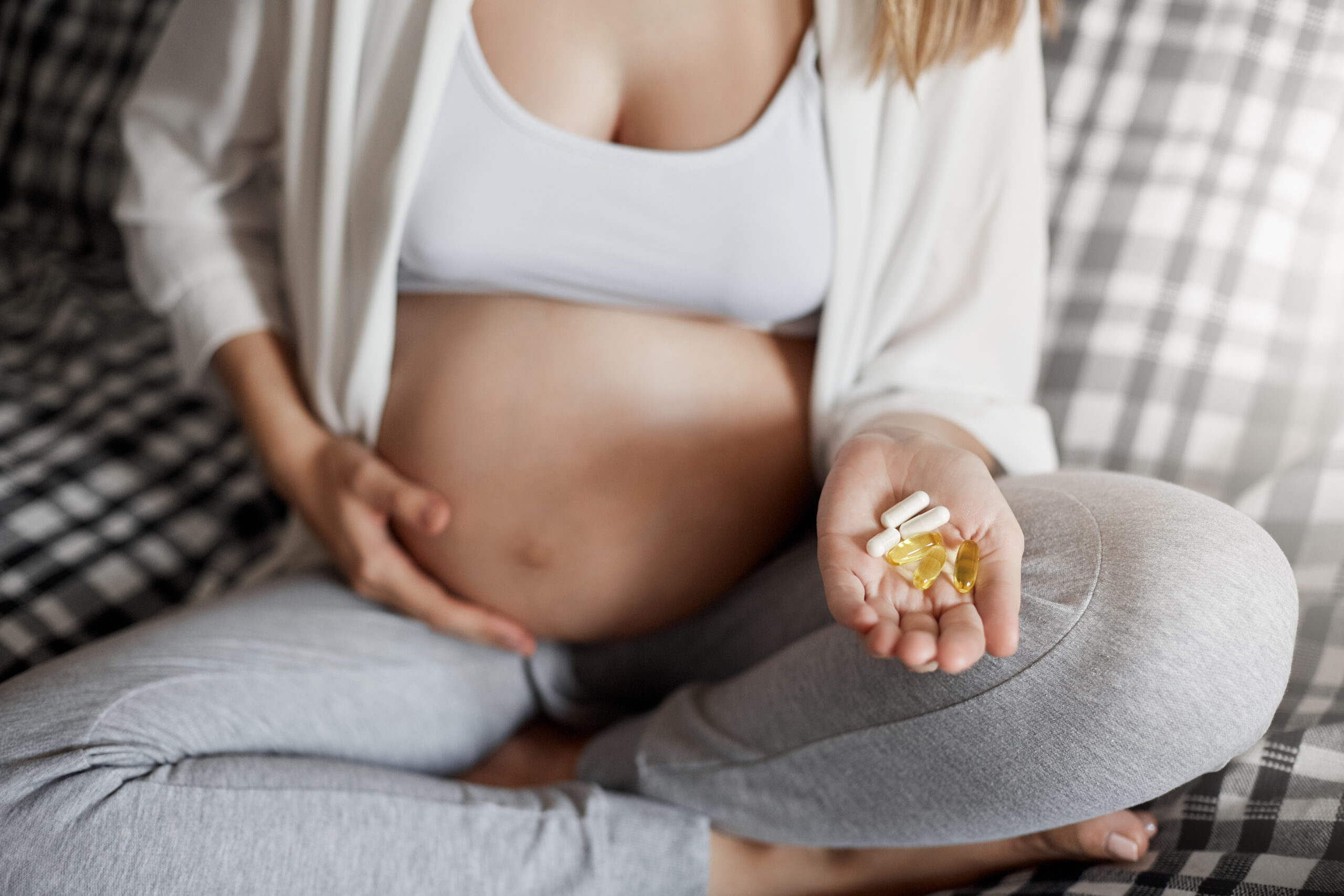
What to do after unprotected sex to prevent pregnancy?
What does “unprotected sex” mean?
Unprotected sex means you have had sex without using any contraception OR you haven’t used your usual contraception correctly OR your contraception has failed. This can be either that you missed a pill, are late for your next implant or injection or a condom split. (Sometimes people also use the term unprotected sex meaning sex without a condom, even if you are correctly using another form of contraception like the pill).
What should I do after unprotected sex?
Firstly, don’t panic. This is really common, you’re not alone and it happens. No judgement here.
There are 2 main things to consider:
- Pregnancy
- Sexually transmitted infections (STIs)
If you felt coerced into unprotected sex, have been assaulted or cannot remember, please speak to someone you trust now, and get support to talk to your healthcare professional or the police.
What to do after unprotected sex to prevent pregnancy
If you want to avoid unplanned pregnancy, it’s important to act as quickly as possible to work out if you need emergency contraception. If you have missed a pill, check out our easy to use missed pill calculator for advice on your next steps.
If you aren’t using a pill, or any other method of contraception then please read our guide on emergency contraception and contact your GP, pharmacist, local sexual health service or 111 (especially on bank holidays or weekends) to discuss your options for preventing pregnancy.
When to take a pregnancy test after unprotected sex?
It’s advised to take a pregnancy test 3 weeks after unprotected sex to check if you are pregnant, even if you have used emergency contraception.
Can I start contraception even if I might be pregnant?
Yes, you can start contraception before you have done a pregnancy test after unprotected sex.
The copper coil can be fitted as emergency contraception if you want to prevent pregnancy, plus it can then be kept and used for up to 5 or 10 years for ongoing contraception.
After unprotected sex, while you are in the 3 weeks before you do a pregnancy test, you can start using:
- The combined pill
- The patch
- The vaginal ring
- The progestogen-only pill
- The implant
You can start these any time in your cycle, even if there’s a chance you may be pregnant. Research guidelines state it’s very unlikely for a pregnancy to be harmed if you have conceived and choose to continue with the pregnancy. However, the pill brands Dianette or Clairette shouldn’t be started until you have had a negative pregnancy test. The progestogen in these brands can cause male pregnancies to develop more female features (….in rats, but we therefore have to be careful in humans).
If you have used a morning after pill since unprotected sex, when you can start contraception depends on which type of morning after pill you used. You can start any of the hormonal contraceptives listed above immediately after using a levonorgestrel based morning after pill, or 5 days after using ellaOne. This is because hormonal contraception may stop ellaOne from working.
There isn’t much research into the effects of the injection on early pregnancy, and because an injection lasts for 3 months it’s advised to wait until a pregnancy test has ruled out pregnancy before starting it.
You can’t have a hormonal coil inserted after unprotected sex until you have had a negative pregnancy test 3 weeks later. This is because the hormonal coil can affect a pregnancy if you have conceived. If the coil is your preferred choice, you can use another method like a pill until you’ve confirmed you’re not pregnant.
What to do after unprotected sex to prevent STIs
Wearing condoms is the only way to protect against STIs so STIs are another risk of unprotected pregnancy. We know that STIs such as gonorrhoea and syphilis are on the rise1. Unfortunately, there’s not much you can do after unprotected sex to prevent getting STIs including chlamydia, gonorrhoea, syphilis herpes or genital warts. But these can be treated easily if needed.
If you are really worried about getting HIV after unprotected sex, there is an option to take “post exposure prophylaxis” medication to prevent HIV from entering the body. This can be offered by doctors if they think you could be at risk of getting HIV, at your local sexual health service or from A&E if the clinic is closed.
The most important thing is to get tested for STIs after any unprotected sex and with any new partner. This is sooooo needed to prevent the spread of STIs and to make sure people get quick treatment before any complications of STIs happen.
When to take an STI test after unprotected sex
It can take a while after unprotected sex for an STI to show up on a test, and there are different time frames for different STIs.
It’s recommended to take an STI test:
- 2 weeks after unprotected sex for chlamydia and gonorrhoea
- 6-7 weeks after unprotected sex for HIV or syphilis
If you notice any new symptoms such as discharge, lumps or ulcers around your genitals then see a healthcare professional.
How to get protected for sex
Unprotected sex and the aftermath can be a stressful and worrying time. So how can you protect yourself for next time?
Top tips include:
- Carry condoms
- Choose a long term contraceptive method that you’re happy with and remember to use correctly
- Get regular STI tests every time you have a new partner, and every 3 months if you have multiple partners
If you need help choosing your contraceptive, we’ve got you covered with our recommender quiz.
Natural cycles and unprotected sex
If you use Natural Cycles or fertility awareness methods, it can be confusing to know what classes as unprotected sex.
If you are using Natural Cycles, unprotected sex means that you have sex on a red day without using a condom. If you’ve forgotten to take your temperature and have sex, it doesn’t matter if the app tells you it is a green day. The algorithm of Natural Cycles may give you more red days if you don’t take your temperature often enough, but unprotected sex is only when you have sex on red days without a condom.
If you have had sex without a condom on a red day, consider emergency contraception, STI testing and take a pregnancy test 3 weeks later.
Similarly, if you use traditional fertility awareness methods and have had unprotected sex without a condom during your fertile window, consider emergency contraception, STI testing and take a pregnancy test in 3 weeks.
Unprotected sex can make you worry, we know. But please don’t be ashamed, the most important thing is following the advice to keep yourself safe. If you have any other questions, don’t be afraid to reach out to us at The Lowdown.
Our medical review process
This article has been medically reviewed for factual and up to date information by a Lowdown doctor.






